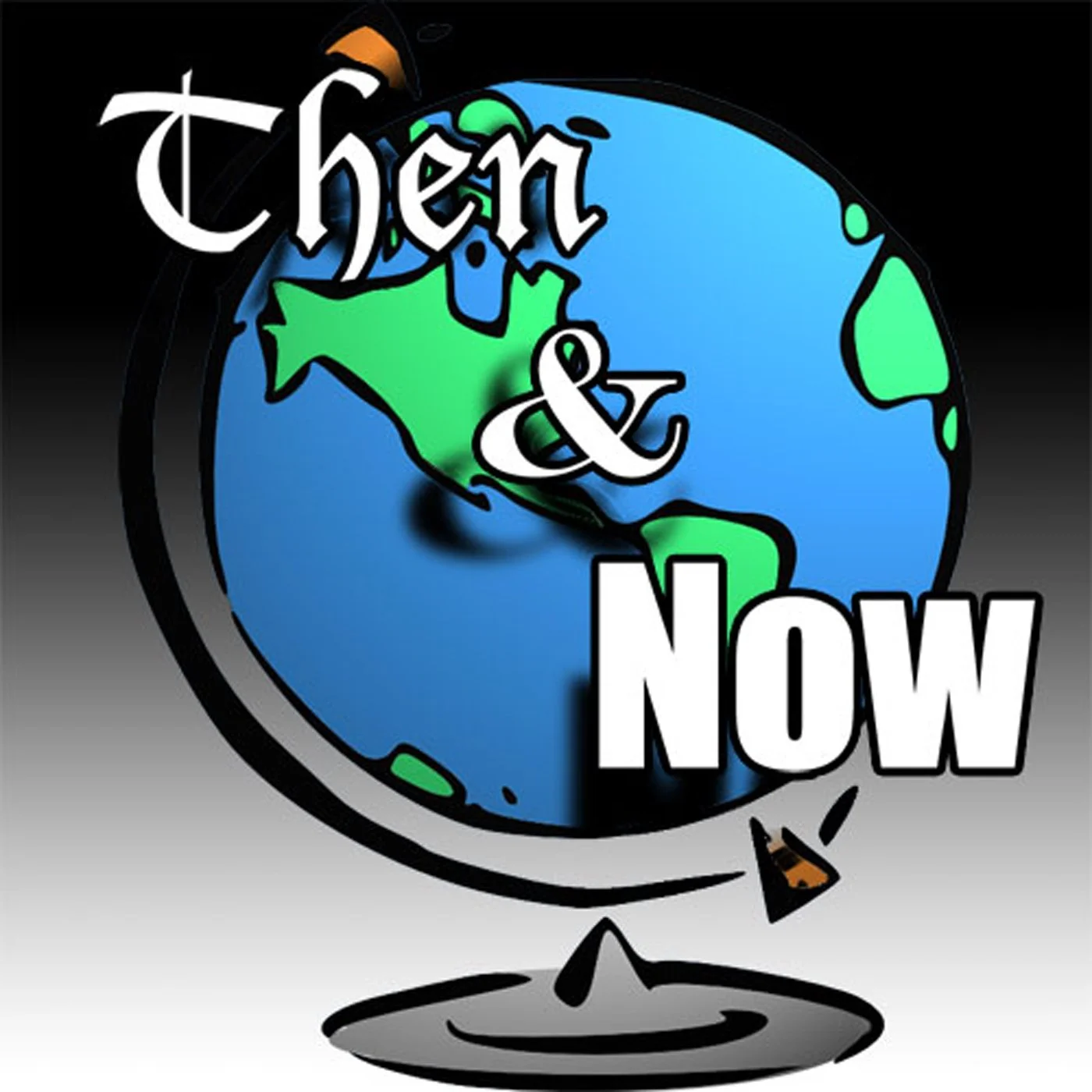THEN and NOW
This piece originally ran in the Mary Manse College Alumni News. Mary Manse College was an all-women’s Catholic college in Toledo, Ohio that closed in 1975.
Our newsletter is more than current news of our illustrious alums. It also has served as a collection of nostalgia that we enjoy revisiting. Even the youngest of us now well into the Golden Years can’t avoid looking back at the THEN and at our years at Mary Manse College, but also at the lives we have built and enjoyed up to NOW.
Why do we find contentment in these romps through our memories? Maybe because they were considered carefree times when we gave little thought, if any, to daily news outside of our circles of family and friends. Why? Perhaps because we didn’t expect anything of serious consequence to concern us or anything to upset our lives. We were doing well and our country was doing well. Americans were respected by people around the world. We felt safe and were reasonably content. There was usually good news being reported by newspaper, radio, and television. The cell phone didn’t enter our lives until the eighties and social media did not yet exist. Oh, and The Statue of Liberty offered a welcoming and safe country to all.
More recently, in the NOW, we’ve shared some dark and harrowing days and nights. If the COVID pandemic bringing its masks, vaccinations, and massive death toll wasn’t enough to introduce us to a new era, surely the weather with its almost daily episodes of severe flooding, wind, tornadoes, hurricanes, and earthquakes, has awakened us from the dream world we had taken for granted.
When we were thrust into paying attention because “breaking news” was the newest gimmick on TV, we also began to acquire, perhaps against our wills, additions to our vocabularies. Offered here are just a few of the currently most used new words, phrases, and acronyms, which many of us had neither heard before nor wish to repeat presently, and some of these new words have brought on new meaning: gentrification, woke, new normal, domestic terrorism, hate crime, angsting, banned books, AI, Doomscroll, Detox, fake news, Golden Age of America, DOGE, ICE, TACO, deportation, anti- fill in almost anything here, and the most disturbing of all- illegal humans.
Do words matter? Of course, they do. Many linguists argue that referring to people as illegal is grammatically incorrect. While actions may be criminal or illegal, the people committing them are not illegal. There are linguists who argue against using the phrase “illegal immigrant” because it is neither “accurate nor neutral” and other people who break laws are not referred to as “illegal”.
Shahid Haque-Hausrath, immigration attorney and 2017 Jeanette Rankin Civil Liberties Award recipient, writes “the term (illegal alien) is imprecise and is used to encompass individuals who are in the United States under vastly different circumstances… the phrase ‘illegal alien’ is used to dehumanize immigrants and divorce (us) from thinking of them as human beings.”
Who knows a great deal about the horrors of dehumanization is Elie Wiesel, Holocaust survivor, Nobel Peace Prize winner and recipient of the Presidential Medal of Freedom presented in 1992 by President George H.W. Bush. Wiesel has put it succinctly and unforgettably, “No human being is illegal.” And that is that.
Let us look ahead to a contemporary, the new Pope Leo XIV, with hope that his guidance will advocate a better course. Initially, he has raised our hope by choosing the name Leo, giving a nod to Leo XIII, a defender of human dignity and the supporter of struggling workers and immigrants during the Industrial Revolution. The new Pope Leo has said “…the legitimate regulation of migration must never undermine the essential dignity of a person.” He, in tune with the U.S. Conference of Catholic Bishops, has called on nations to regulate their borders “with justice and mercy.” The obvious common theme running through these selected citations- the compassionate approach to immigration- currently is absent in our very own country.
Back in 1978 did the College of Cardinals foresee the fall of the Soviet empire when they chose the charismatic Karol Wojtyla as Pope John Paul II? Is their appointment of Robert Prevost, an American born in Chicago, to Pope Leo XIV at a time of crisis NOW for the U.S. and its place in the world, a move to advance him to a merciful and just model of American global leadership? Will his expected impact be successful in resetting the procedure for immigration to the country of his birth? Of the 1.4 billion Catholics in the world, most of the 53 million in the U.S. are surely counting on his impact and success.
We can’t go back to THEN, but we can and we, as Americans, must recapture the essence of what has always defined our country- freedom and democracy. With Pope Leo XIV leading us, we can once again aspire to a better NOW. Let us not forget the opening words of our U.S. Constitution “We the people…”. The written words of Emma Lazarus still ring true today “Until we are all free, we are none of us free.” As always, it is up to us.
NB: “Give me your tired, your poor/Your huddled masses yearning to be free.” Written by a woman, Emma Lazarus, descendant of the first Jewish settlers, who combated anti-semitism and supported immigrants and refugees.
Susan Masztak graduated from Mary Manse College in 1963.


